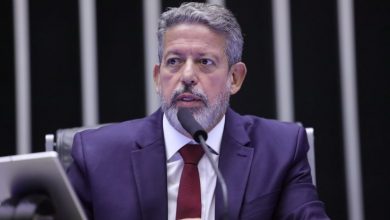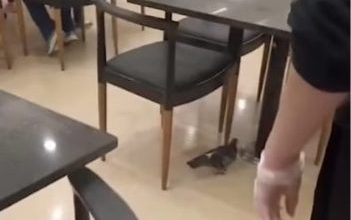In a shocking move, Russian President Vladimir Putin has announced the revocation of Russia’s ratification of the Comprehensive Nuclear-Test-Ban Treaty (CTBT). This decision has sent shockwaves across the international community and raised concerns about the future of global nuclear disarmament efforts.
The CTBT, which was adopted by the United Nations General Assembly in 1996, aims to ban all nuclear explosions, including those conducted underground, in order to prevent the proliferation of nuclear weapons. It has been signed by 184 countries and ratified by 166, including Russia. However, Putin’s decision to revoke Russia’s ratification has jeopardized the treaty’s effectiveness and called into question the country’s commitment to nuclear disarmament.
According to official statements from the Kremlin, Putin’s decision was prompted by what he described as “security concerns”. The Russian government claims that the country’s national security interests are not sufficiently protected by the CTBT and that revoking the ratification will allow Russia to pursue its own nuclear testing program if necessary. This move by Putin has been met with widespread condemnation from the international community, with many expressing concerns about the potential for an arms race and the increased risk of nuclear conflict.
The revocation of Russia’s ratification of the CTBT is particularly concerning given the country’s history of nuclear weapons testing. During the Cold War, the Soviet Union conducted numerous nuclear tests, causing significant damage to the environment and endangering the lives of millions of people. The CTBT was seen as a vital step towards preventing a repeat of this destructive behavior and fostering trust and cooperation among nations. However, Putin’s decision raises doubts about Russia’s commitment to these principles and has eroded trust among other nations.
The international response to Putin’s decision has been swift and critical. The United States, which has been a strong advocate for the CTBT, has condemned Russia’s move and called for a united response from the international community. Other countries, including France and the United Kingdom, have also expressed their concerns and called on Russia to reconsider its decision.
The future of the CTBT is now uncertain. Without Russia’s ratification, the treaty’s effectiveness is significantly weakened, and the prospects for further disarmament are bleak. The revocation of the ratification also undermines efforts to prevent the spread of nuclear weapons and maintain global security.
In conclusion, Putin’s decision to revoke Russia’s ratification of the CTBT has sent shockwaves through the international community. This move raises serious concerns about the future of global nuclear disarmament and the potential for an arms race. The international response has been critical, with many countries calling on Russia to reconsider its decision. The future of the CTBT now hangs in the balance, and the world waits anxiously to see how this alarming development will unfold.










